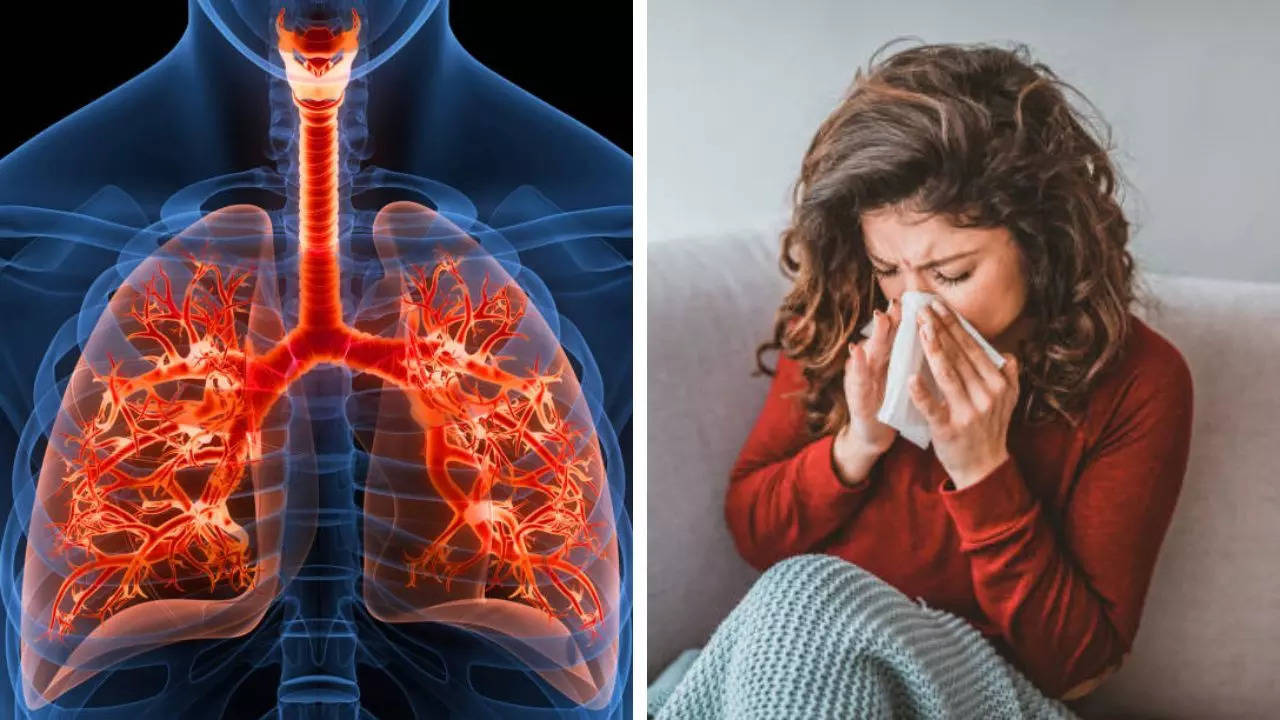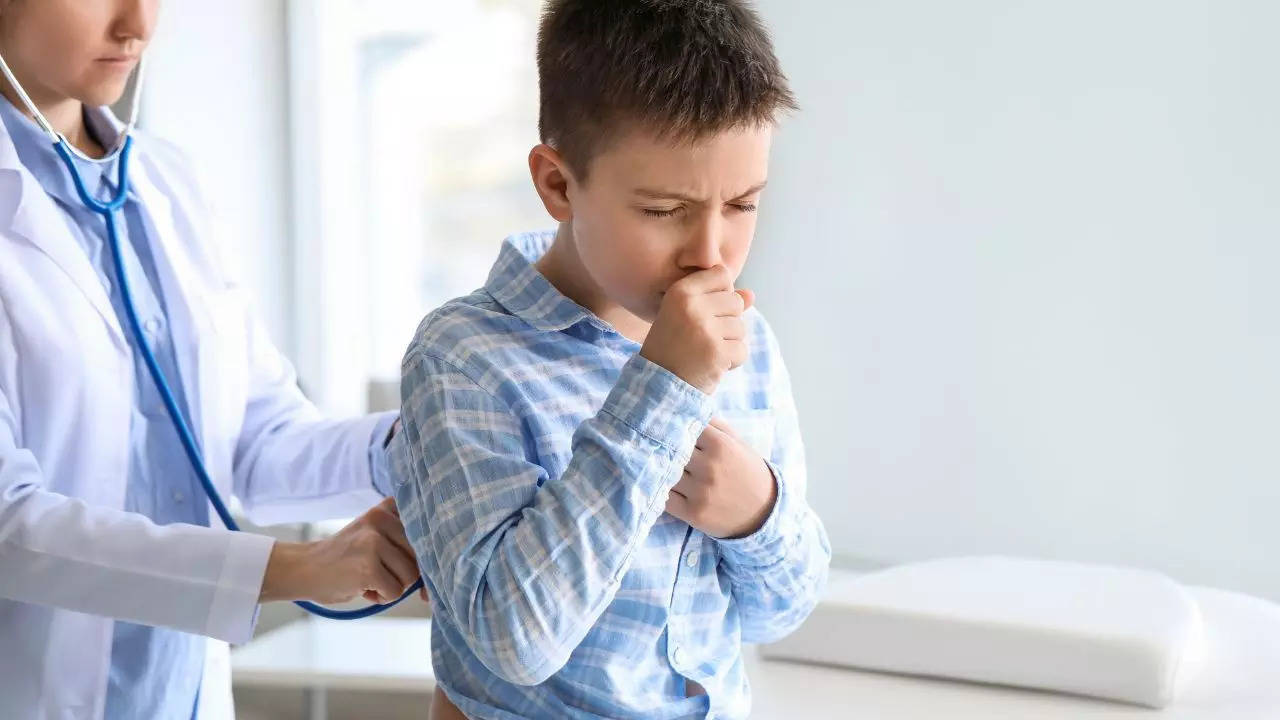Table of Contents

US health officials have said whooping cough is at its highest level in a decade for this time of year. More than 18,506 cases of whooping cough have been reported across the country so far, according to the Centers for Disease Control and Prevention. That is the most at this point in the year since 2014 when cases topped 21,800.
According to officials, the spike does not come as a surprise since whooping cough peaks every three to five years, and the numbers indicate a return to levels before the coronavirus pandemic when such contagious illnesses plummeted. However, the numbers that some health officials have totaled – include the ones in Wisconsin, where there have been about 1,000 cases so far this year, compared to a total of 51 last year.
CDC says vaccination rates have lowered massively Related News | 
Walking Pneumonia, Whooping Cough Cases Soaring In The US; Doctors Advise Ways To Keep Yourself Safe

Whooping Cough Cases Surge In The US As Vaccination Rates Drop; What to Know About This Contagious Infection
According to officials, kindergarten vaccination rates have dipped across the US, and vaccine exemptions are at an all-time high.
Last week, authorities released figures which said that around 86 per cent of kindergartners in Wisconsin got the whooping cough vaccine, compared to more than 92 per cent nationally.
What causes whooping cough? Related News | 
What Is Diphtheria, A Bacterial Disease Which Led To Deaths of 6 Children In Rajasthan? Know The Only Way To Prevent It
Whooping cough – also called pertussis, is a highly contagious respiratory tract infection caused by a type of bacteria known as Bordetella pertussis. Doctors say the condition starts when the bacteria enter your respiratory system – attaching to the tiny, hair-like extensions on the lining of your respiratory tract. Then, they release toxins that damage your cilia and cause your airways to swell.
This swelling causes the secretions of your mucus to increase, which causes severe coughing. In many people, it is marked by a severe hacking cough followed by a high-pitched intake of breath that sounds like "whoop."
Signs and symptoms of whooping cough
Early signs and symptoms of whooping cough resemble those of a common cold – which persist for one to two weeks and include:
- Slight fever
- Mild or occasional coughing
- Runny nose
- A pause in breathing in babies
- Prolonged, repeated, or violent coughing episodes
- Whooping sound when inhaling after the coughing stops
- Vomiting and nausea
- Exhaustion
Vaccination for preventing pertussis
Doctors say the condition used to be extremely common until a vaccine was introduced in the 1950s, which has now become a part of routine childhood vaccinations.
Getting a vaccine for whooping cough is the best way to prevent it from getting worse. Doctors recommend that all children receive the diphtheria-tetanus-pertussis or DTaP vaccine – a combination that also protects them against diphtheria and tetanus. It is completely safe and effective.
Children should receive five injections of the DTaP vaccine, according to the following recommended schedule:
First dose: 2 months old.
Second dose: 4 months old.
Third dose: 6 months old.
Fourth dose: Between 15 and 18 months old.
Fifth dose: Between 4 and 6 years old.

